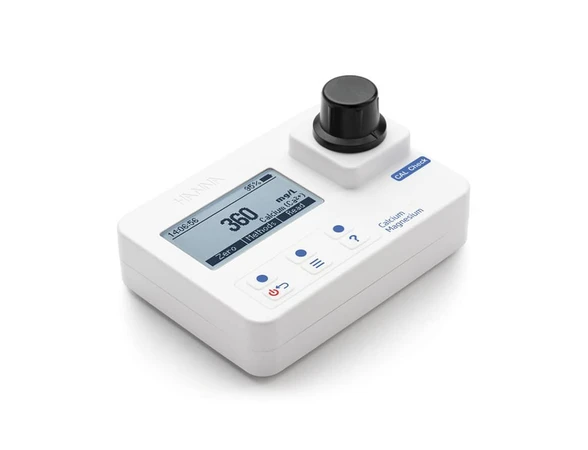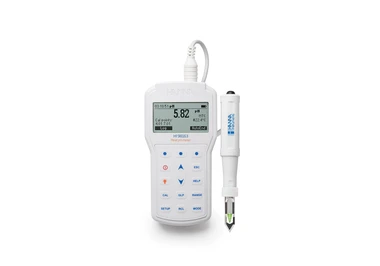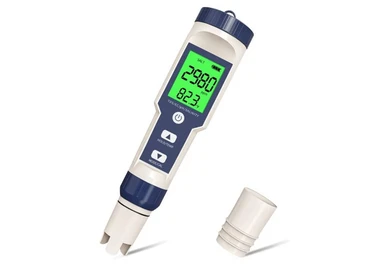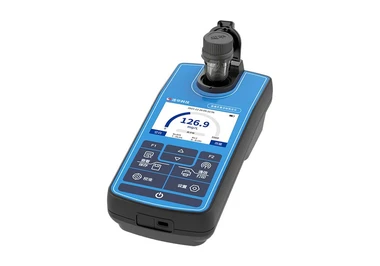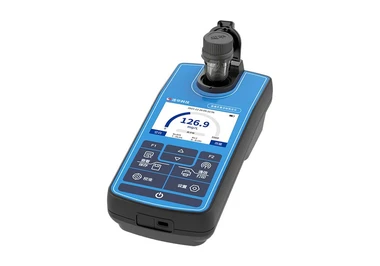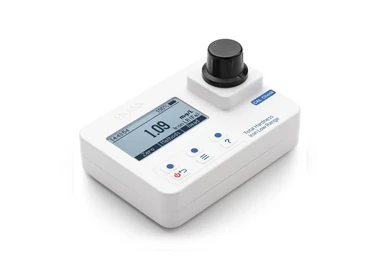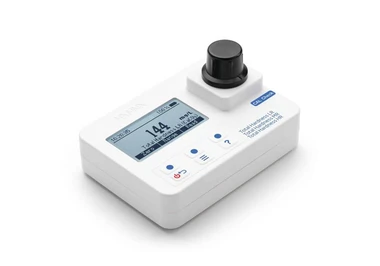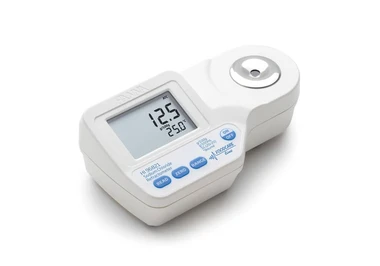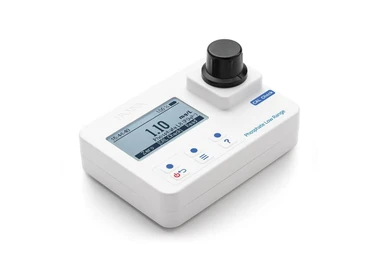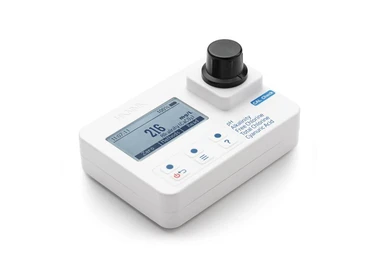Determination of Calcium and Magnesium Hardness
Water hardness is the traditional measure of the capacity of water to react with soap, hard water requires much more soap to produce. Hard water often produces significant scale (e.g. insoluble metals, soap or salt) in the system. This is not caused by a single substance but by a variety of soluble polyvalent metal ions, mainly calcium and magnesium cations, although other cations (e.g. aluminium, barium, iron, manganese, strontium and zinc) also contribute. Water hardness is usually expressed as milligrams of calcium carbonate per litre.
Types of water concentrations containing calcium carbonate:
- 60 > mg/L soft water
- 60-120 mg/L, semi-hard water
- 120-180 mg/L, hard water
- 180 < mg/L, very hard water
Although water hardness is caused by cations, it may also be discussed as carbonate (temporary) and non-carbonate (permanent) hardness.
Classification of types of water hardness
There are two types of water hardness:
- Temporary hardness
- Permanent hardness
Formula for permanent water hardness
Permanent hardness = calcium hardness + magnesium hardness
Soluble calcium and magnesium in water
Soluble calcium and magnesium in water are two common minerals that cause “hardness”. The degree of hardness increases with increasing amounts of calcium and magnesium, which is due to the concentration of polyvalent cations dissolved in water.
Calcium and magnesium hardness is the concentration of calcium and magnesium ions, expressed as calcium carbonate. The molar masses of Ca2+, CaCO3, and Mg2+ are 24.3 g/mol, 40.1 g/mol, and 100.1 g/mol, respectively.
What is calcium hardness in water?
Calcium hardness is a measure of the amount of calcium ions present in water. These minerals are largely composed of calcium and magnesium carbonate, bicarbonate, chloride, or sulfate. These minerals are mostly leached from limestone and gypsum.
What is magnesium hardness in water?
Total water hardness should be less than 75-85 mg/L as CaCO3 and magnesium hardness should be less than 40 mg/L as CaCO3 to minimize scaling at high temperatures. Many systems allow water hardness to be closer to 110-150 mg/L to reduce chemical costs and sludge production.
* Abrizan Company's laboratories, located in Fars Science and Technology Park, are capable of measuring various water parameters, including total hardness, calcium hardness, and magnesium hardness, using advanced devices and equipment.

